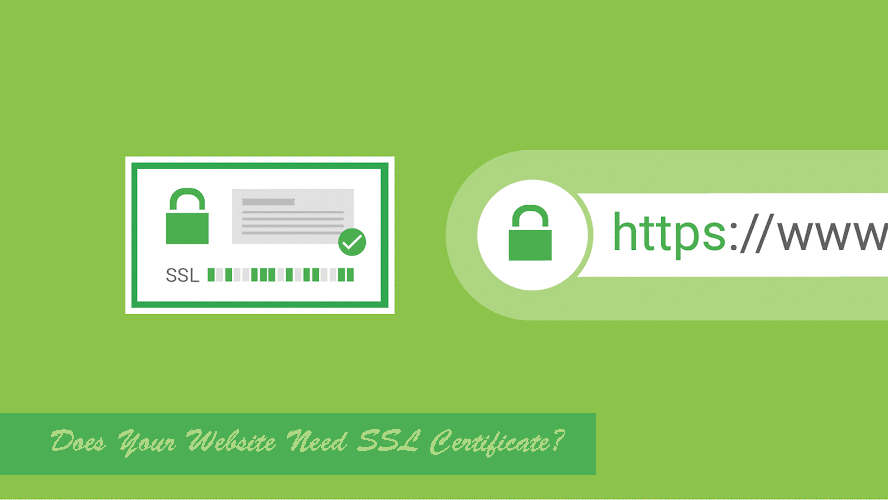What is SSL?
Owning a website, one is obliged to obviate the risks that their audience are exposed to in the internet pool. Your website may not be secure enough to handle various personal information of your users. In order to maintain a secured website you should be aware of certain certificates that are provided in concern for security reasons. One among that is the SSL. It stands for Secure Sockets Layer. In layman terms, this could be imagined like a layer or a shield protecting your website from data leakage. This is going to be a totally secured fashion of maintaining and transferring information within the internet. In a virtual environment, it is strenuous to keep these data away from hackers.
Who needs it?
Well, everyone needs it. It’s too plain but this is pointed towards anyone who owns a website. That you know its all for some security reasons you require this SSL certificate. It was previously an option for few websites. Previously the question used to be …. Does your website undeniably need this? Well no more of this case. Whatever content your website holds, you need to seek the SSL certificate.
Why is it important to hold this certificate?
Let us look into the case of the login forms. When you are going to have a community of customers, which means you are building an enclosure to your website having privileged users apart from visitors, you are ought to have their data safe in the net. When you are responsible for their data, this is where you are in need of the SSL. By now you would have got a question in your mind that how would an SSL save the data from hackers. The password that you enter may be asterisked in the typing area but it will be transmitted as a plain text in the internet in the case of non-SSL certified website. This is like a piece of cake for hackers to know the credentials. What exactly happens with the SSL being included is encryption. This mechanism is commonly known as “handshaking” which results in safe and secure maintenance of personal user profiles. Coming to the latter case where you own an e-commerce site or institutional site which includes payment for the courses or any transaction for that matter, the need of SSL certificate depends on how your website handles the transaction.
For example, if the transaction say a debit or credit card payment, an encryption system is required to follow an abstract way of transaction. As an exceptional case, if you are using any other mode of payment using specialized payment methods like PayPal, Google Wallet or any similar medium of transaction, then you do not require SSL certificate as the encryption would be handled by the third party and your website will not have access to the credit/debit card information. This is because, during the payment, the customer will be forwarded to the direct third-party site avoiding the intervene of your website.
There are other scenarios which could demand for SSL certificate like in the case of highly sensitive and confidential information. Uploading of photos documents personal information like contact numbers during form submissions have to be secure.
For those who run static websites where there are just information providers containing blogs and articles, or just a unidirectional contact with the user, even then you have to get this SSL in-spite of not having any secured connection between the user and the website. This is just to ensure that no one hacks your website.
Visit @ http://www.opendesignsin.com








